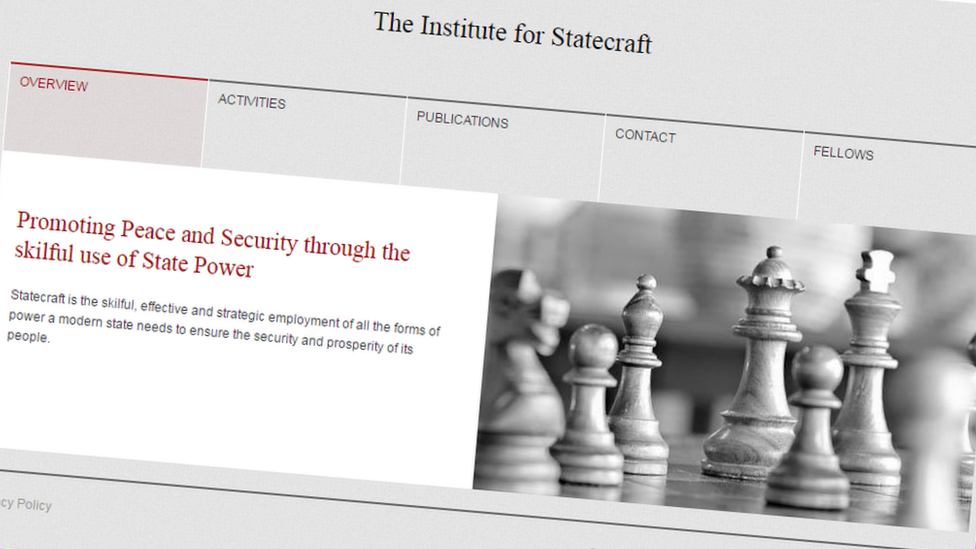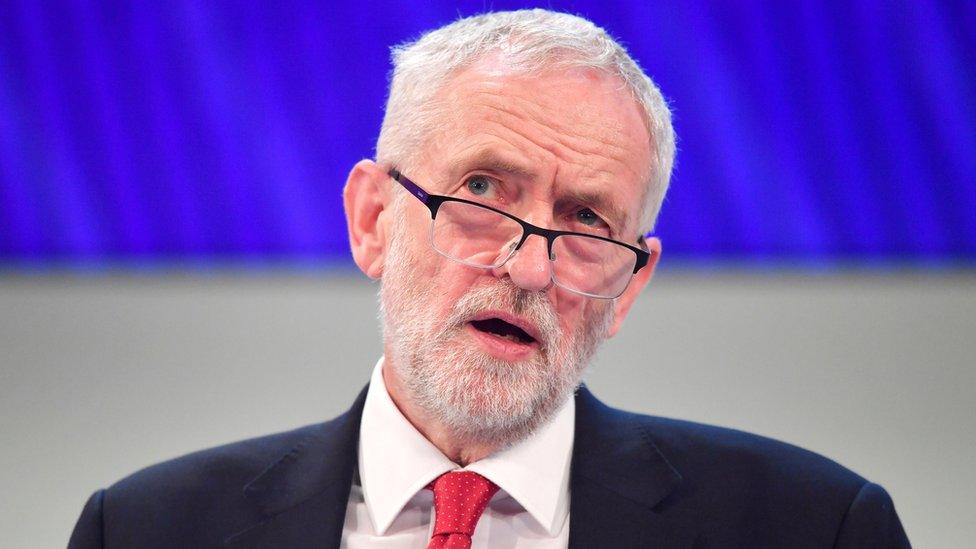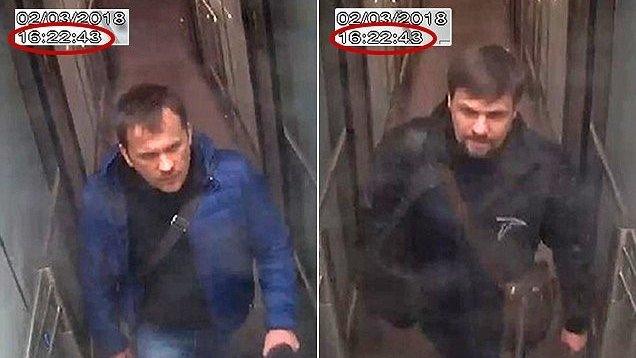Russia-linked hack 'bid to discredit' UK anti-disinformation campaign - Foreign Office
- Published

The Foreign Office has accused Russian state media of trying to discredit a government-funded body that works to counter Kremlin disinformation.
A spokesperson said the Institute for Statecraft was hacked several weeks ago and documents were "published and amplified by Kremlin news channels".
The National Cyber Security Centre is said to be investigating.
The FCO comments on the IfS were issued after a news report said the group had retweeted stories critical of Labour.
Western officials believe the group involved in the hack is linked to the Russian state. Since then internal documents have been leaked to the Russian media about the organisation's activities, including lists of journalists it had contacted.
The Institute for Statecraft is a charity registered in Scotland, external and based in Gateside, Fife.
Scotland's Sunday Mail newspaper ran a story, external this weekend that the Integrity Initiative run by the institute had retweeted an article in the New Statesman in April which criticised Labour's support for Russia's position on Syria; an article in the Times in February in which the writer Edward Lucas described Mr Corbyn as the Kremlin's "useful idiot", and a Sunday Times magazine piece that criticised Mr Corbyn's aide Seumas Milne for his opinions on Russia.
Speaking on BBC Radio 4's Today programme, Foreign Office minister Sir Alan Duncan said he had ordered an immediate investigation after seeing the report, saying "if there is any kind of organisation for which we are paying which is involved in domestic politics in that way, I would totally condemn it".
Sir Alan confirmed the Foreign Office was funding the institute's Integrity Initiative on 27 November in a written answer to a Parliamentary question, external from Labour MP Chris Williamson.
'No systemic bias'
The Foreign Office statement issued later emphasised that the £2.2m it had given to the institute over the last two years supported its work to counter disinformation overseas and not in the UK.
The spokesperson said the government did not endorse or fund the institute's social media activity. And while insisting that the retweeting showed no systemic bias, she said the institute had agreed to review its editorial policy.
The spokesperson said: "The Institute for Statecraft, an independent charity, was hacked several weeks ago and numerous documents were published and amplified by Kremlin news channels.
"The Russian state media campaign's objective is clear. This is yet another example of Russian disinformation intended to confuse audiences and discredit an organisation which is working independently to tackle the threat of disinformation."
They added: "The Institute for Statecraft is independent of government and is non-partisan. We fund them on that basis.
"Their retweeting of articles critical of both the government and opposition shows no systemic bias, though they have undertaken to review their editorial policy."
'No party-political stance'
Emily Thornberry, the shadow foreign secretary, said it was "outrageous" a Foreign Office-funded initiative "has routinely been using its Twitter feed to disseminate personal attacks and smears" against Labour.
In a statement, the Institute for Statecraft said: "In sharing information about such malign activities, the Integrity Initiative uses Twitter as a key method of sharing knowledge.

The campaign retweeted links to stories critical of Jeremy Corbyn and his aides
"This includes the usual Twitter practice of re-tweeting and liking tweets.
"However, at no time has the Integrity Initiative engaged in party political activity and would never take up a party-political stance. Disinformation and malign influence from rogue states and certain non-state actors are a threat to democratic values and transcend any party political cause."
A spokesman for the Integrity Initiative did not deny the retweets but pointed out the group had also promoted an article in October about links between the Russian state and Conservative peer Lord Barker of Battle, who is chairman of the Russian energy giant EN+.
Correction 27 February 2019: This article has been amended to make clear that western officials believe the hacking of the Institute for Statecraft's computer system was linked to the Russian state.
- Published9 September 2018

- Published4 October 2018
